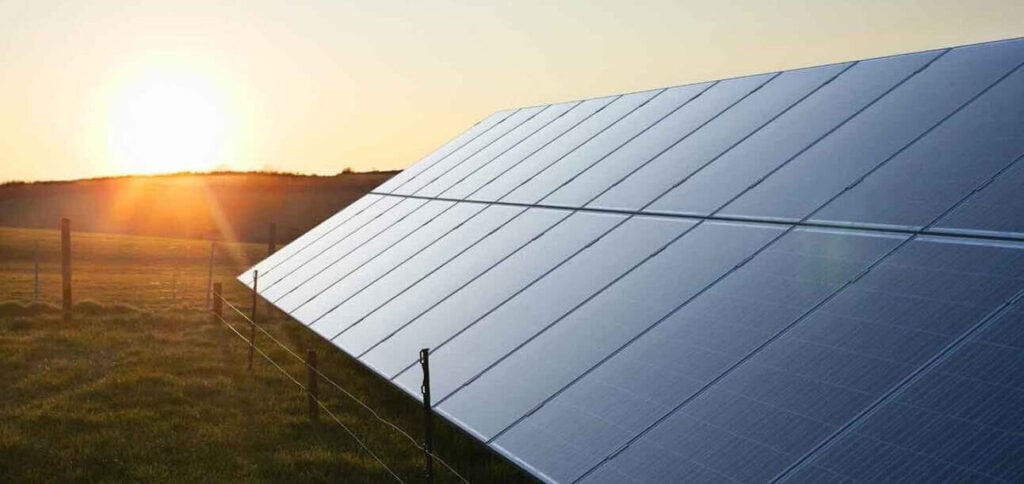The EU is collectively the world's third largest emitter of carbon dioxide. In first place is China, which has been increasing its fleet of coal-fired power plants, despite promess to reduce carbon emissions to net zero by 2060. Next comes the United States, historically the largest emitter of greenhouse gases.
ADVERTISING
The total (carbon emissions) quotas created by the European Union decrease over time, to encourage industry to emit less. Therefore, the reform provides for a acceleration of the pace of reduction of proposed quotas, with a decrease in 62% by 2030, compared to 2005. The previous target was 43%.
Likewise, the carbon market will progressively extend to the maritime sector, then will reach emissions from intra-European flights and, from 2028, waste incinerators.
The EU also envisages a second carbon market for building heating and road fuels.
ADVERTISING
“With today’s votes, we have reached another milestone,” tweeted European Commission President Ursula von der Leyen. “Together, we will make Europe the first climate-neutral continent,” she added.
Von der Leyen called on EU member states to give final approval to their respective laws so they can come into force.
Social Fund
The reform adopted this Tuesday includes the controversial “adjustment” which, in practice, is a tariff.
ADVERTISING
This measure requires companies that import products into the EU that exceed the bloc's greenhouse gas standards to be forced to buy emissions certificates. This adjustment will come into force in October this year, before being applied to the entire bloc from 2026.
The revenues from this mechanism (which the EU estimates could exceed 14 billion euros per year, 75,4 billion reais at current prices) will be incorporated into the general EU budget.
The package approved by MEPs also includes a Social Fund for the Climate (FSC), aimed at supporting micro-enterprises and families in vulnerable situations in the energy transition. This Fund is expected to be operational in 2026.
ADVERTISING
The EU is preparing specific legislation to increase European industrial competitiveness in the face of US subsidies and colossal Chinese investment in the renewable energy sector.
(Source: AFP)
Read also
* The text of this article was partially generated by artificial intelligence tools, state-of-the-art language models that assist in the preparation, review, translation and summarization of texts. Text entries were created by the Curto News and responses from AI tools were used to improve the final content.
It is important to highlight that AI tools are just tools, and the final responsibility for the published content lies with the Curto News. By using these tools responsibly and ethically, our objective is to expand communication possibilities and democratize access to quality information. 🤖




